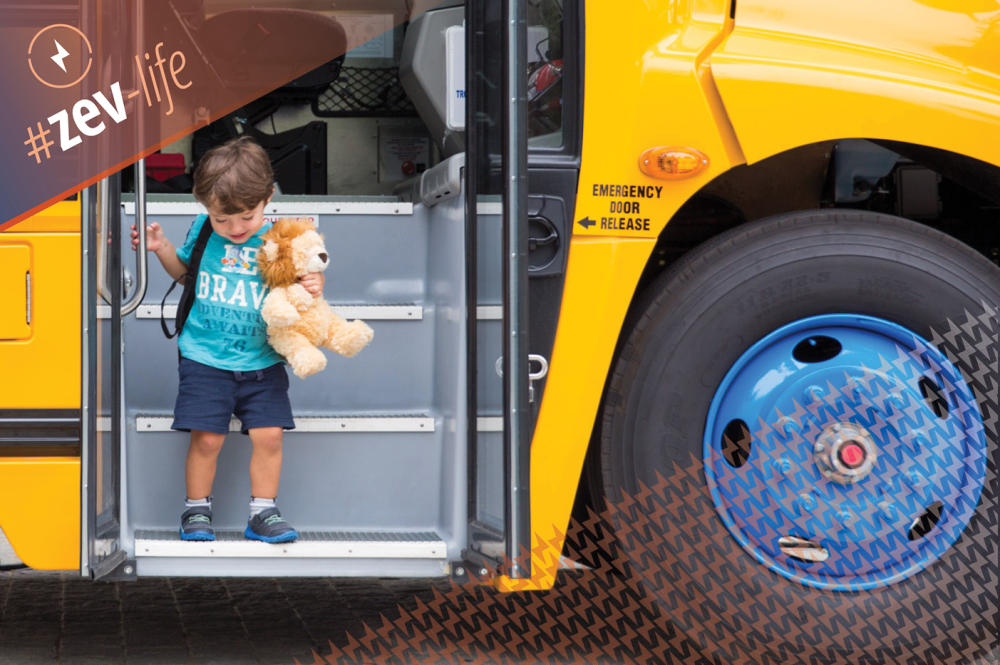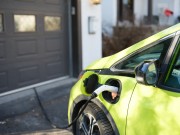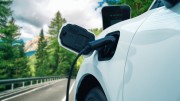Lion Electric, the Quebec-based zero-emission vehicles manufacturer, has a challenge for industry.
“Anything that travels less than 400 kilometres per day should be all electric. It’s available now,” Patrick Gervais, VP of Marketing and Communications, shared.
Lion Electric was founded in 2008 by Marc Bedard and started innovating straight away. The company designed a school bus wide enough to accommodate three-point seatbelts without a loss to capacity, an industry first. Then in 2010, they started their first electric school bus and by 2016, they had put their electric school buses on the road.
Today Lion Electric boasts 700 battery-powered electric school buses across North America, including Quebec, P.E.I., Alberta, Ontario, B.C. and more.
“The school bus is the perfect vehicle for electrification,” Gervais said.
School buses average 70 kilometres per day and have a standard route with regular breaks in the day for charging. Not to mention the overwhelming health benefits and cost savings.
It means no more fumes for children and their drivers. And while the upfront cost is higher, the operational costs are substantially lower. Gervais said there are 80 per cent savings to be had for power and 60 per cent savings for maintenance. That’s in line with the Pembina Institute’s own research on electric school buses in B.C.
“There is no reason to still use combustion engines for school buses.”
School boards can play a powerful role in the push to zero emissions by encouraging their contractors to switch to electric school buses.
The province of Quebec is also helping to lead the way. Since November 2021, all new school buses for student transportation need to be fully electric and manufactured in Canada. This gives school boards some extra support when working with their contractors.
Transdev, an operator for Greater Montreal area’s school boards, has already started to make these changes, with one-third of its fleet now Lion Electric school buses.
And in December 2022, Lion Electric delivered its first zero-emission school bus funded by the U.S. Environmental Protection Agency’s Clean School Bus Program to Mount Desert Island Regional School System in Bar Harbor, Maine.
“Electrification is about implementing change. It’s complex but not complicated. We take the time to help understand people's concerns and then educate them on the possibilities. This is why we have a whole team in place to help,” Gervais shared.
Lion Electric provides the ecosystem needed for going electric, from support with infrastructure and charging systems, to customer service, performance and finance.
The company hasn’t stopped with school buses.
“Going electric is a viable business model for medium- and heavy-duty vehicles.”
Lion Electric now offer a range of medium- and heavy-duty vehicles that are fully electric. Their Class 5 to 8 vehicles include mini and midi buses for public transit use and larger transport trucks. All are built in Saint-Jérôme, 45 minutes north of Montreal.
The likes of Amazon and the Canadian National Railway Co. have noticed and now use Lion Electric’s trucks across Canada and the U.S.
Gervais shared: “There’s a willingness to go electric. It’s a viable business model, it is no longer just a decision for the environment, it makes financial sense.”











